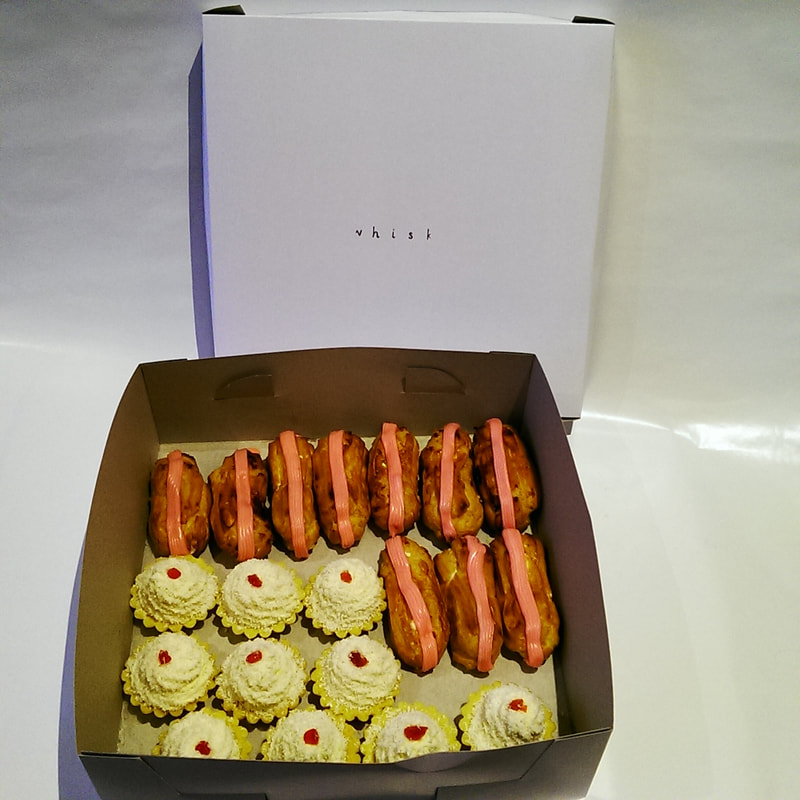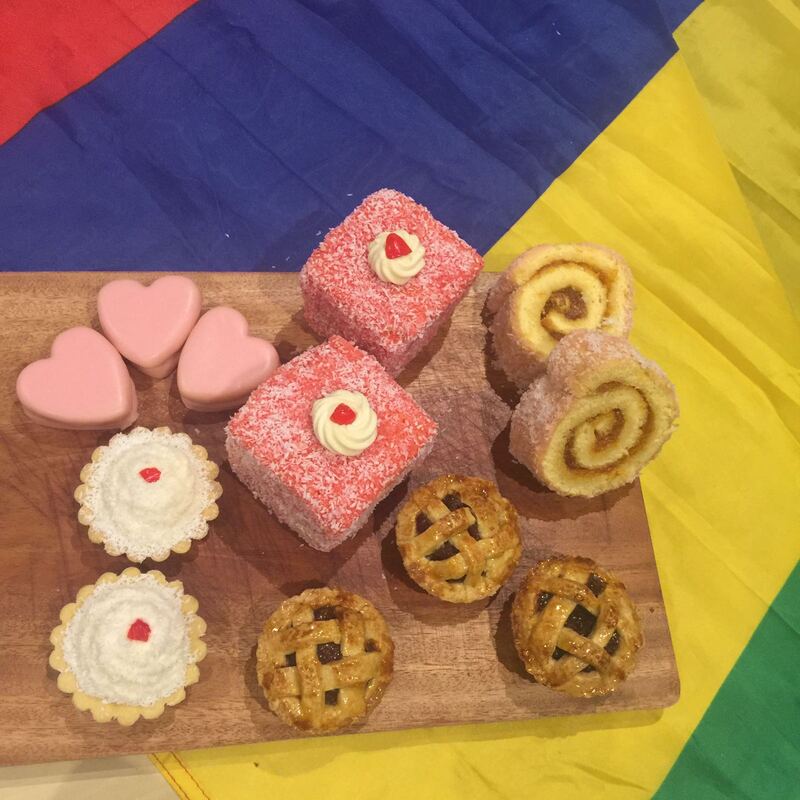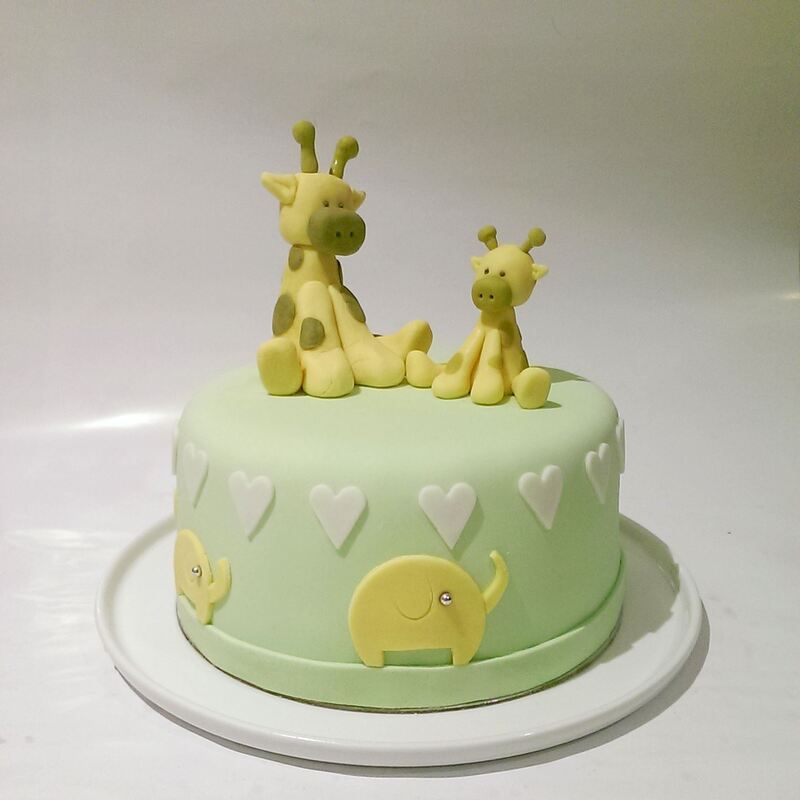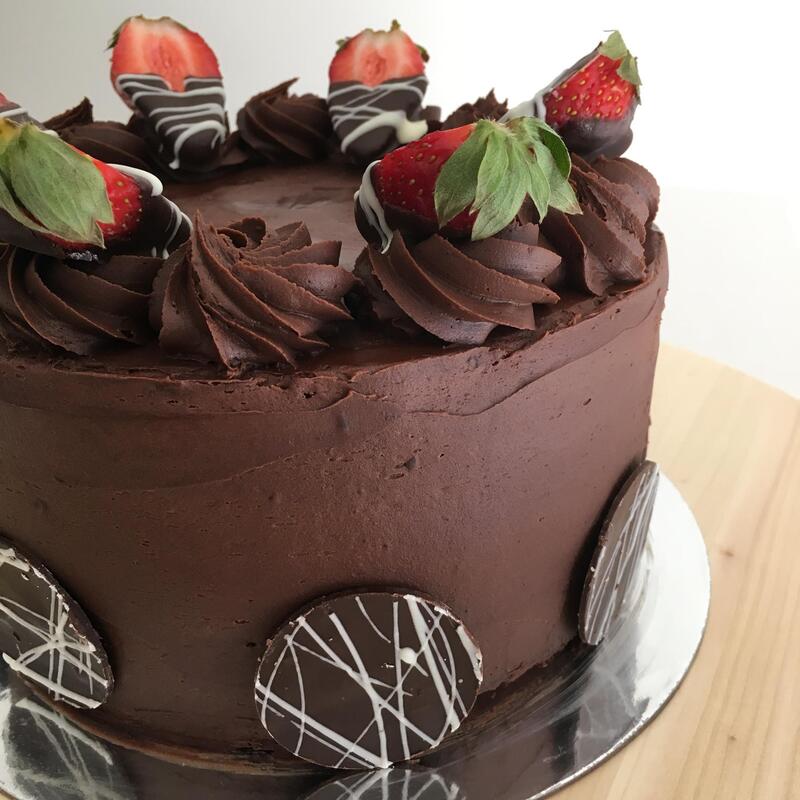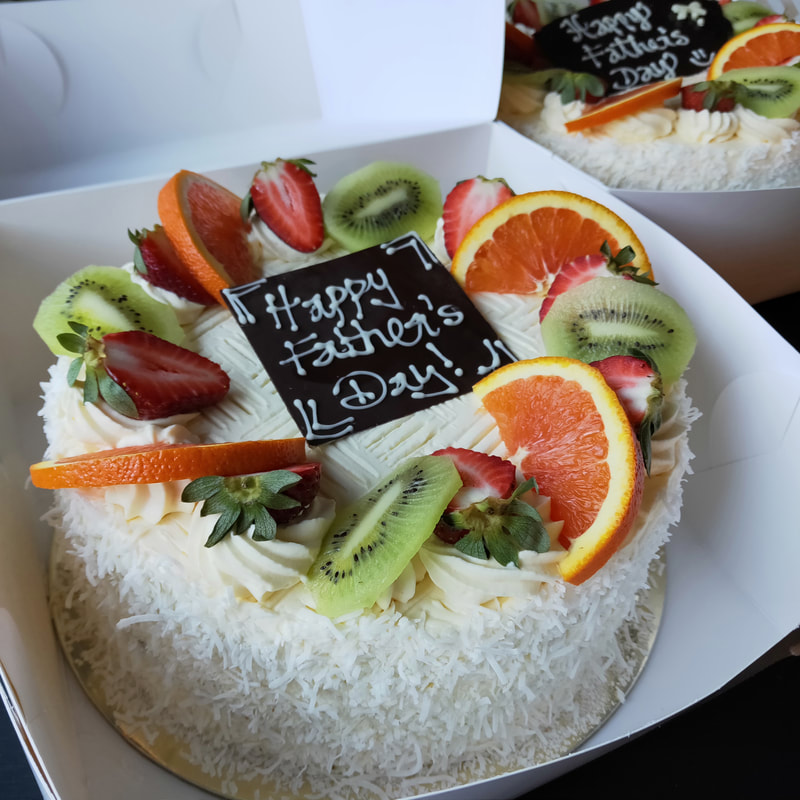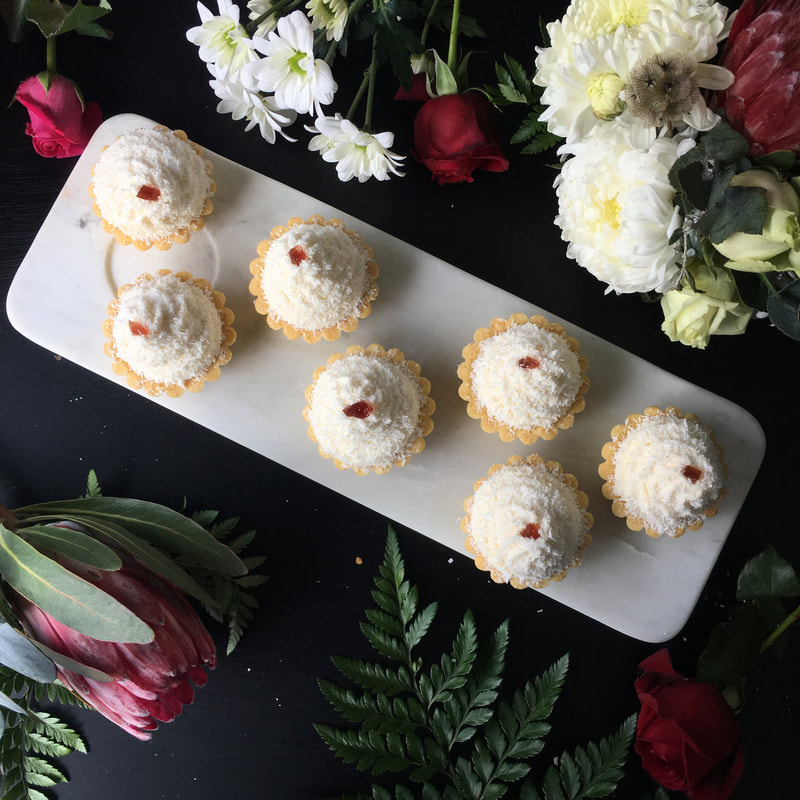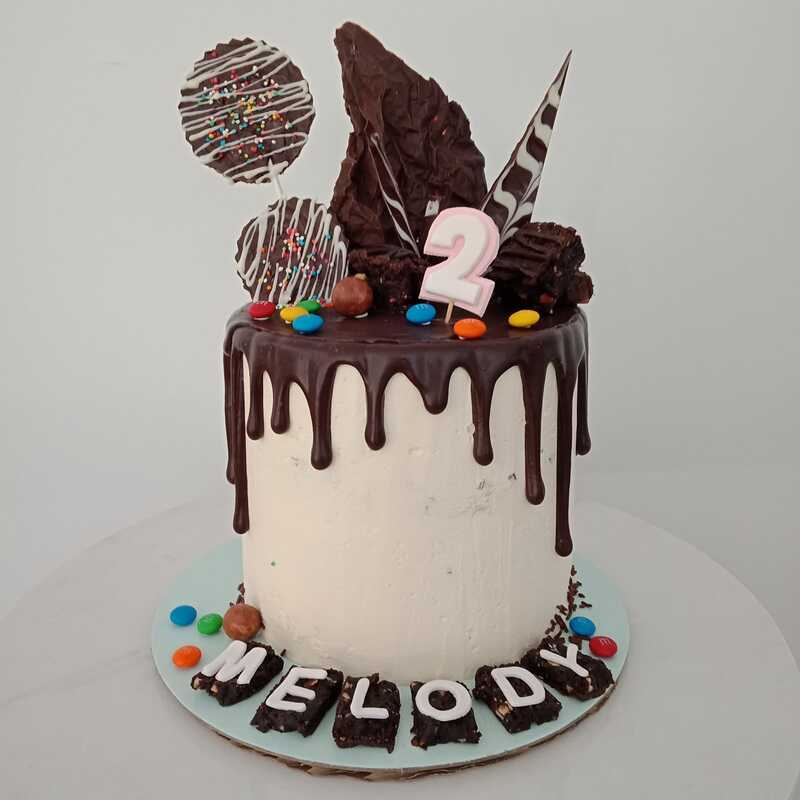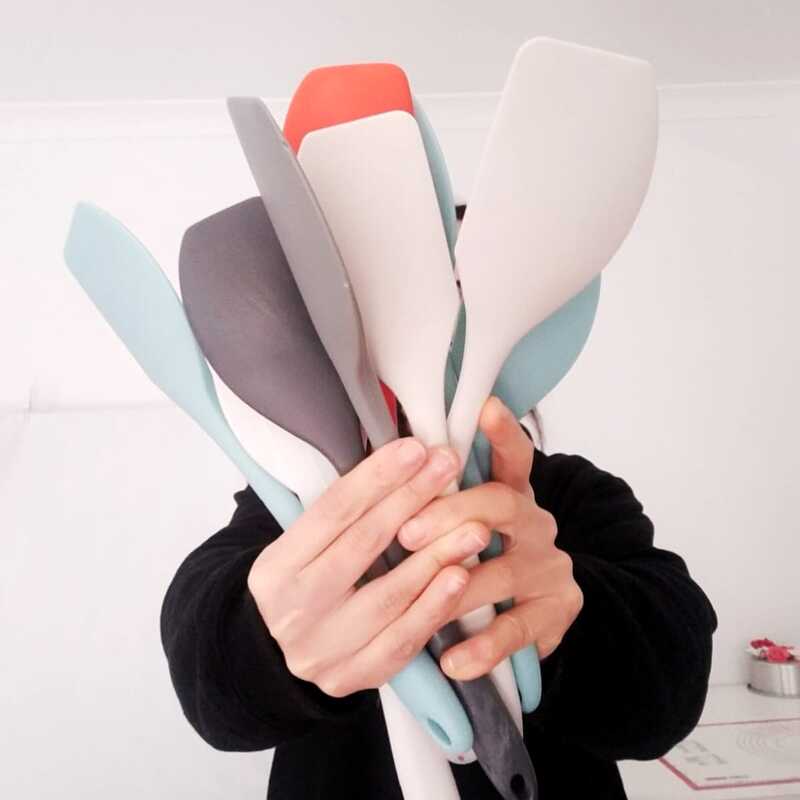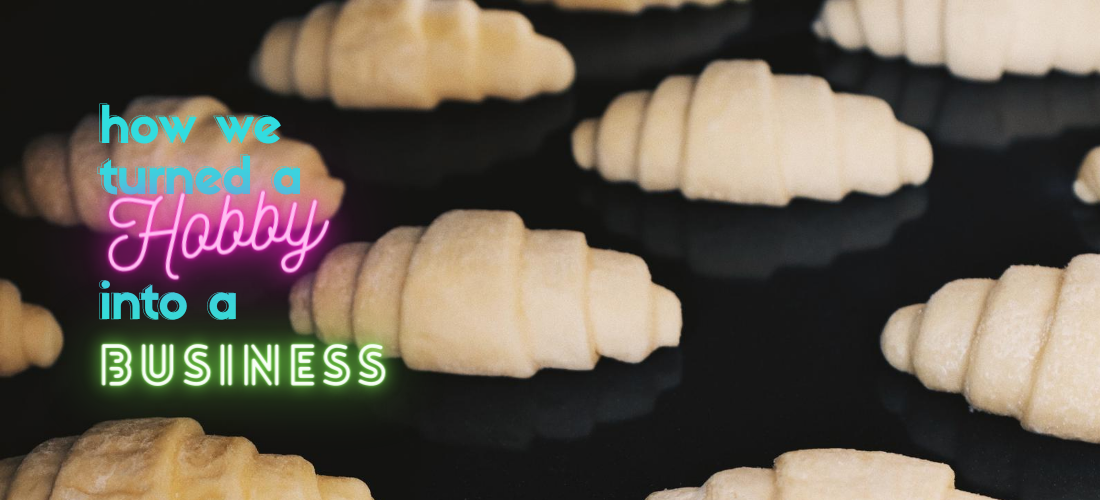 Thinking of starting your own food business from home? Great idea!! But where do you start? Who do you need to contact? Where can you get more info? There are so many questions, it’s confusing, maybe you’re wasting your time… maybe you should give up... WAIT, HOLD UP! Hello, I am Chin by the way :) and I was at that very same crossroad a few years ago (in 2016 to be precise). I had just completed my degree in biomedicine, and was yet to start my masters. I had some free-time on my hands, and along with my sis-in-law and some friends, we decided to start advertising our Mauritian pastries. (Flash-forward to the present, and it is now mostly me running the business lol but we’ll keep that for another blog) Anyway, where were we? Right, we soon realised that in order to run a legitimate food business, we had to notify our council. At the time we thought that since it was only a hobby, we did not need to go through all the hassle. But one phone call to the council made it clear that we were plain WRONG!
Now, don’t get me wrong, I am not saying that this is how it needs to be done, but I am merely sharing my own experience, with hope that this might be helpful to someone going through a similar path. #1 We all took a food-handling course online, and I volunteered to be the Food Safety Supervisor, for which I spent half a day of training in the city. (We believe this is a very important step, as one single case of food poisoning or an overzealous health inspector can spell d.i.s.a.s.t.e.r.) #2 We emailed the health council with our floor plan, complete menu and recipes, food safety program and all certifications required. An environmental health officer then scheduled a visit, after which we were asked to install flyscreens and buy a separate fridge. A few weeks later, our kitchen was approved for commercial use and we were classified as a class-2 business (because we use cream and eggs in our products which are high-risk). Class 3 and 4 are the cheapest, but you will have to only be selling low-risk items (cookies, jam, bread...) to be in this category. (This registration needs to be renewed every year, but it won’t be as expensive as the first time. Also every year, you will get at least 1 visit from the health inspector. No stress though, just make sure everything is compliant and all your records are up-to-date) MORE INFO: https://www.casey.vic.gov.au/registration-fees-food-business #3 We registered our business name and applied for an ABN and insurance. We also registered the company with ASIC and that’s another yearly fee (otherwise you can choose to operate as a sole trader). Finding the perfect business name for us was very tricky. We spent days thinking about cool names, and as a joke I said “How about Whisktakers, because we’re not afraid to take risks… and whisks too.” (see what we did here?) MORE INFO: https://asic.gov.au/for-business/registering-a-company #4 We made a website on Weebly (because it was super simple to use) and bought our Domain name. Having a website meant that our menu would always be up-to-date with what’s available. We did not make it into an online shop as our cake business is about customised goods, and our prices tend to vary according to decorations. But there is always the exciting possibility it might become one in the future.
Final thing before I go to bed (and you too, lol I know it’s a lot of bla bla above)… Managing a business is a major investment financially, physically, mentally and above all, time-wise. So you have to be ready to invest the time, and I don’t regret it one bit. The thing I love the most about running my own cake business is the way it channels my creativity and passion for learning new things. Also I like to be my own #girlboss. Success is the sum of small efforts, repeated day in, and day out. If you have any questions for me, just get in touch via our socials. We are more than happy to help! Catch up next time! Thanks, Chin |
Welcome to our blog, we use this space to share our stories, tips and tricks, recipes and more.
Feel free to contact us on our social media if you would like to know more about what we do or even if it's just to say hello :) |
ABOUT USPassionate about all things cake, we founded The Whisktakers in 2016. We've learnt lots and met amazing people along the way. Today, whether you are celebrating a baby shower, birthday or wedding, we continue to make your celebrations memorable with our custom cakes and desserts.
|
CONTACT USLocation: Lynbrook, VIC 3975
Email: info@thewhisktakers.com.au |
FOLLOW USFollow our new creations and our adventures on our social channels.
|
Copyright © 2024 The Whisktakers Pty Ltd. All Rights Reserved
